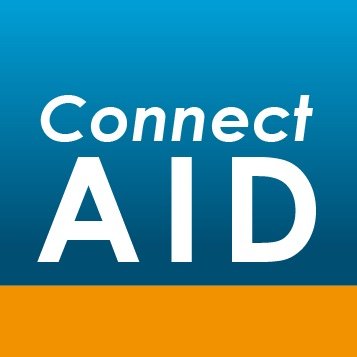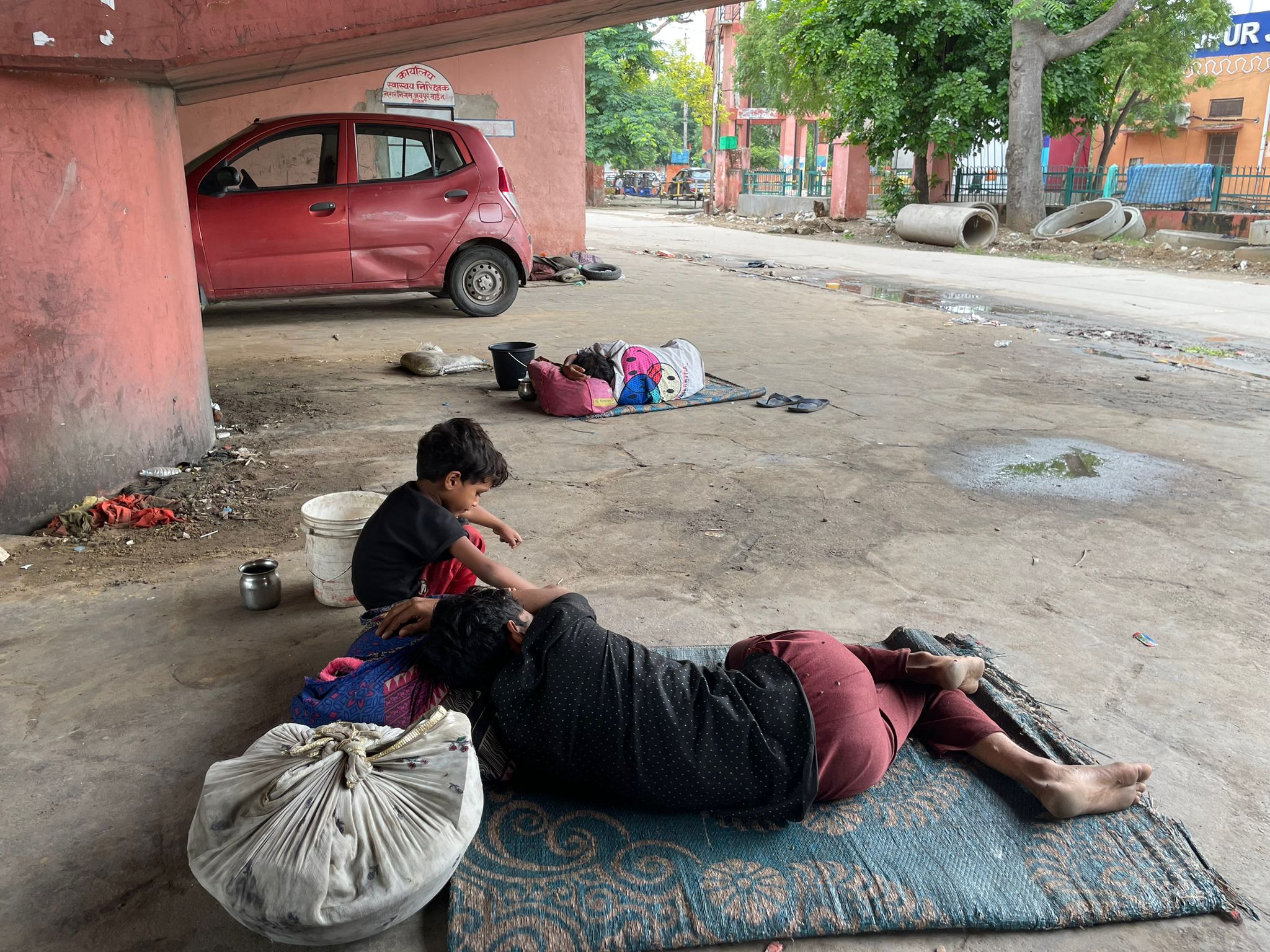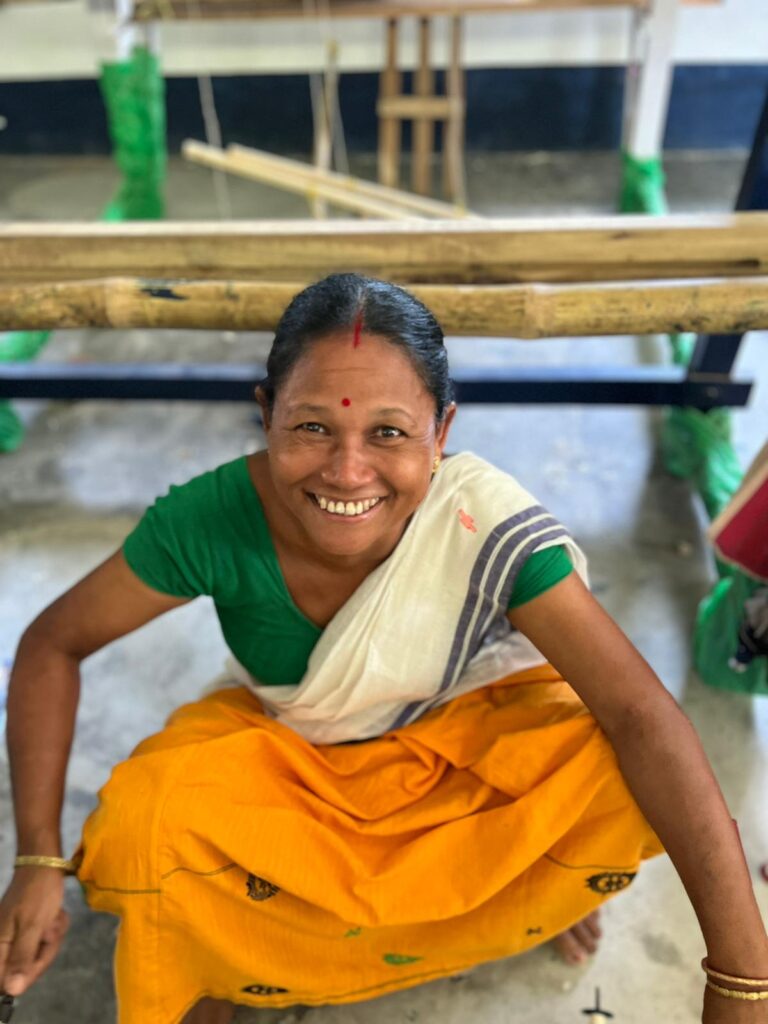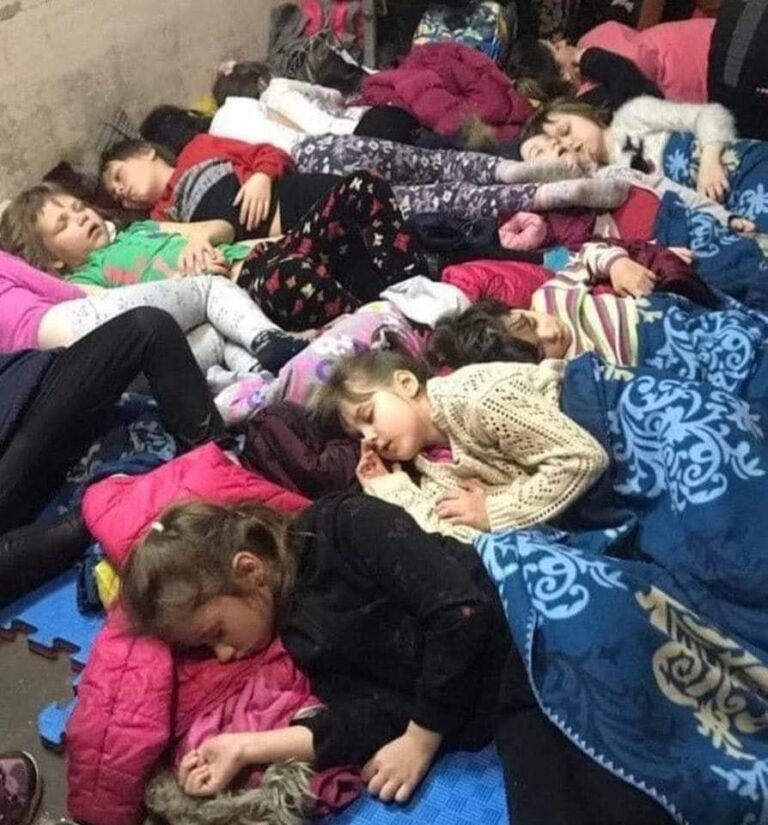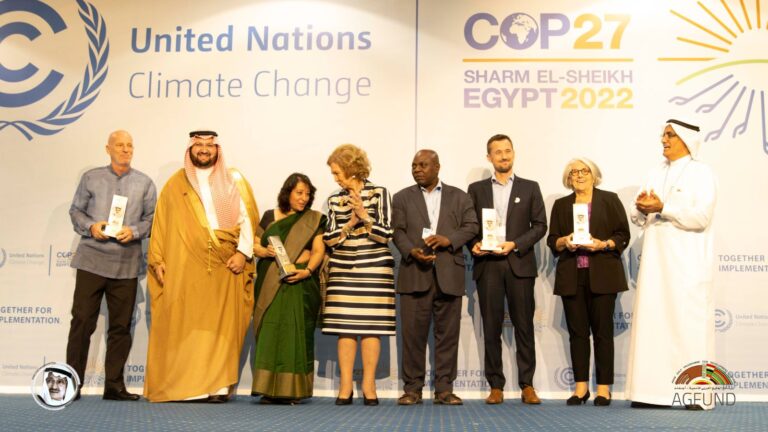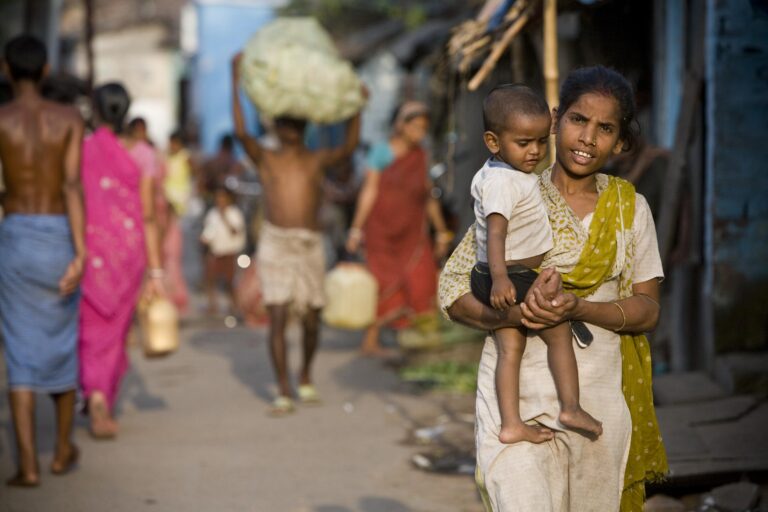How a 7-Year-Old Drug Addict Became an Artist, Thanks to FXB India Suraksha
Ramzan Bhaiyya used to be known as one of Jaipur’s “railway children.” He was living on the streets, near the train station, among scores of young kids who either beg – with almost no clothes on, and little food in their stomach – or collect and sell used plastic bottles. Most of them suffer from drug addiction, from sniffing glue or anything else they can find. They’re vulnerable to disease, violence, sexual and emotional abuse, though no one seems to care. No one, except for a non-profit organization named FXB India Suraksha, or FXBIS.
Back in 2009, FXBIS social workers met with Ramzan, who was then just 7 years old – and already addicted to sniffing glue. They invited him to their Day Care center: a place where he could rest, eat, study, recover from drugs, and get back on his feet. Rather than ignore them, Ramzan chose to follow the social workers. Day by day, his life would be “saved.” Today, he’s a self-sustained artist who also teaches art to street children at the same Day Care center that rescued him.
ConnectAID’s Field Reporters recently met with Ramzan, now 21, to learn how one NGO can change someone’s life for the good – and has even enabled him to dream big about his future.
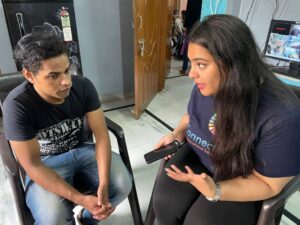 “When I was 7, I was saved by FXB,” he explained to a ConnectAID Field Reporter, Arushi Tangri. “Today, I give back by teaching kids how to draw. I also create my own art on the side. I want to become an internationally recognized artist and explore the creativity inside me.”
“When I was 7, I was saved by FXB,” he explained to a ConnectAID Field Reporter, Arushi Tangri. “Today, I give back by teaching kids how to draw. I also create my own art on the side. I want to become an internationally recognized artist and explore the creativity inside me.”
Ramzan is not alone. He’s one of 300 children whom FXBIS social workers have saved over the years, by pulling them off the street, educating them and giving them a chance at a better future. Through their Day Care center – which is run by Director Mamta Borgoyary – the NGO continues to provide hundreds of children with shelter, food, access to counselling services, basic healthcare, educational support, recreation and many other needed support services. Ramzan himself has evolved into a symbol of courage and determination for today’s children; listening to his stories, they’re inspired by his efforts and want to become just like him.
“Every year, thousands more children live on the streets: unsafe, uncared for and denied the basic human rights of food, shelter and education,” says Borgoyary, who participated in the foundation of the NGO program in 2007. “These children grow up trapped in the vicious cycle of poverty and deprivation. Ramzan is a true example of how a nurturing environment can completely transform lives of children and help them emerge as a beacon of light. It is our endeavour to provide that environment to such vulnerable children, to not only educate and nurture them but also help them positively impact other such vulnerable lives.”
Ramzan’s story is typical, in many ways. He was born in a small town in the eastern part of India. Due to poverty, he was forced to quit school and ran away, finding himself homeless at Jaipur’s main railway station. His mother and three siblings joined him in the city; they barely made a living through scavenging for used water bottles from the railway tracks, then selling them to recyclers. Drugs enabled him to ignore the cold at night and to fall asleep, he explained.
“Like any other child of the slum near the railway station, I was involved with picking plastic bottles and different kinds of plastic wastes from the train tracks. After which, we would use the money to buy drugs,” says the young artist. “My friends used to push me to consume drugs, after which I’d lose consciousness – and also track of time.”
Ramzan explained that children start by consuming alcohol and beedis (a local Indian cigarette), then switch to harder drugs available in the slums. These kinds of drugs can be fatal. He says he saw several children younger than 18 lose their lives due to these drugs, including sniffing harmful chemicals such as a lubricant used as adhesive for tube-tires in cars. The children not only grow addicted, but lose their mental ability to think clearly. Ramzan’s brother lost one leg while on drugs.
When FXBIS first took him onboard, Ramzan was shy, traumatised and scared of the sexual and physical abuses he had suffered while living on the streets. He preferred to sit in a corner and draw. The non-profit worked with him slowly, with patience and encouragement. He came to the center every day to take a bath, eat proper food and just relax with his drawing book and pencil.
Gradually, he became more and more comfortable at the center and started participating in educational classes. His leadership skills emerged and he started taking care of other children. He’d also speak out against the exploitation and abuse of children. Having himself battled through the pain, anxiety and trauma, Ramzan is today considered “one of them” by the other kids.
After describing his dreadful past, Ramzan narrated how it took him around three years after joining the center to overcome his addiction to drugs and toxic substances. After helping treat his addiction, the non-profit connected him with a professional artist, for whom he served three years as a trainee. Today, he not only teaches art twice a week to the street children, he also works as a helper by cooking meals for them. Ramzan explains how poverty pushes these young children to leave school, fend for their families from a young age, and end up falling into the trap of drug addiction – with a bleak future.
That’s why he’s so grateful to the FXBIS staff for rescuing him. Especially Mamta Borgoyary. While at the center, ConnectAID witnessed an emotional moment when the young artist offered Borgoyary a portrait of her and her mother, which he himself had painted. He explained that it was his way to say “Thank you for everything you’ve done for me.” With tears in her eyes, she accepted his gift.
ConnectAID’s Field Reporter asked Ramzan what he now wants to do to help other street children who live the life he used to. He’ll continue to help children in the Day Care Center to overcome trauma through art. He’s also begun to sell his drawings online. Furthermore, he is also instrumental in outreach and advocacy, giving a voice to the voiceless, forgotten children.
“I want to earn a lot of money and help these kids get an education,” says Ramzan. “So that they can provide a basic standard of living for their families, who still struggle in extreme poverty.”
